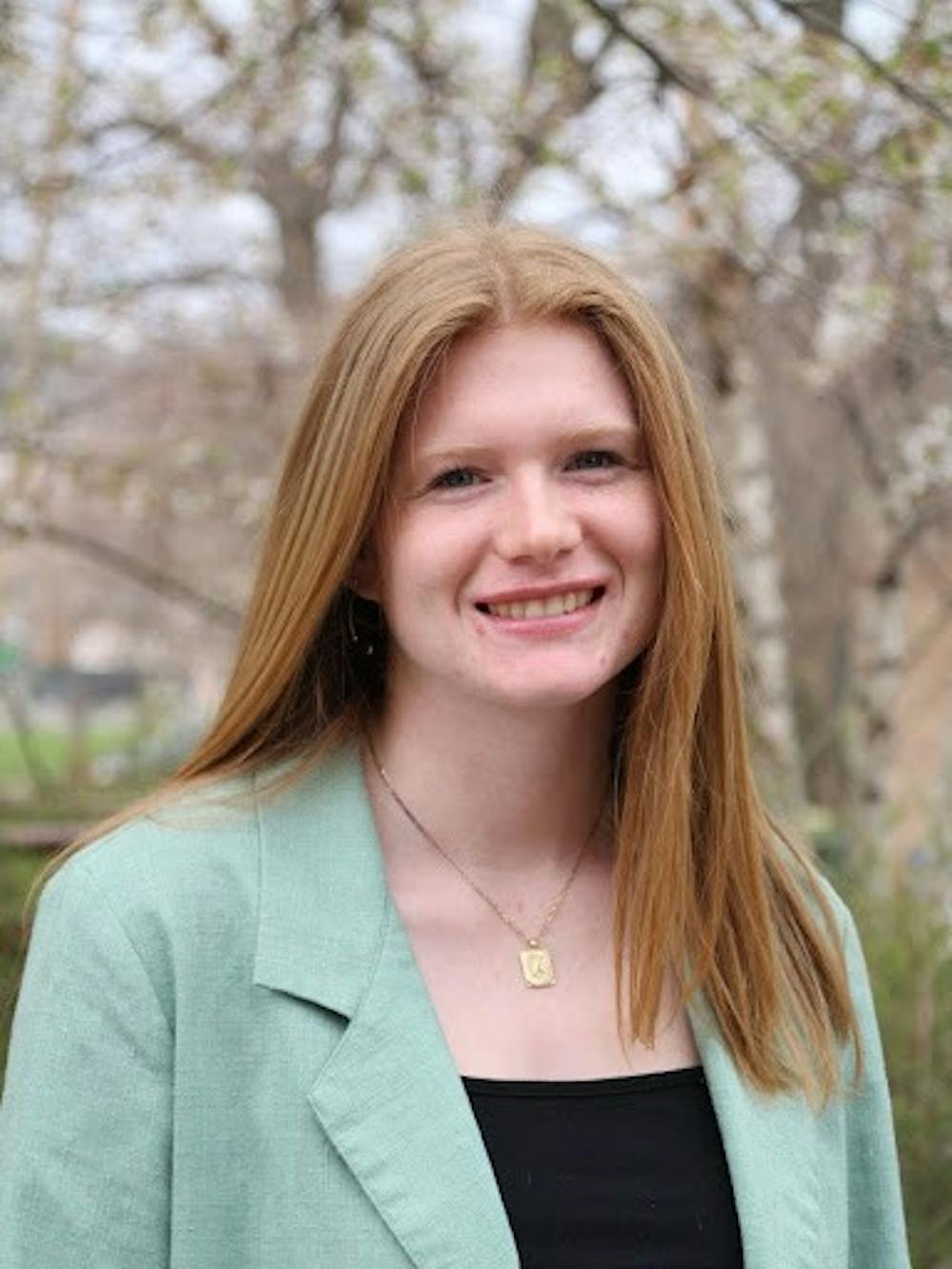I am exhausted and I bet you are too.
The past few years have been a whirlwind of one thing after another and it hasn’t been easy for anyone, especially students. Students around the country have not had the proper time to deal with, well, everything they’ve dealt with. They have been expected to adapt and continue succeeding despite the mounting obstacles and without any rest period. Students today have been able to work under their circumstances, but with the growing “doomsday” feeling and the painful memories, they need to rest and recuperate without the pressure of falling behind.
To set the scene, think about the sudden appearance of the coronavirus pandemic, which sent students everywhere to online classes with little-to-no in-person contact. Then, toss in all the extracurriculars, jobs, volunteering and anything that students are told will bolster their resume and factor in how those are being balanced with the massive shift to online learning and online life. Lastly, add the other crises that specifically affect students’ mental health and wellbeing, such as the ever-growing amount of mass school shootings in America. Students’ worlds have gone through so many changes and have left behind many uncertainties, but despite this, the expectations of us have never stopped and the time to process has never come.
Burnout, as The Cavalier Daily puts it, “occurs when individuals become unable to cope with their stressful lifestyle or are constantly overworked.” Each student may experience burnout differently, but common symptoms are “fatigue and tiredness; feelings of dissociation, discouragement or pessimism with regards to work; and feeling unproductive or as though the work one does has no meaning.” Students have always had feelings similar to these, however, the current time period has worsened them.
The COVID-19 pandemic has increased the stress levels of students by adding new challenges such as frequent changes in types of learning, lost opportunities, fear of contracting the virus and spreading it to others. This, compounded with the stress of simply attending school in a time of increased mass shootings, has created a tired and burnt out demographic of people. However, students are not given time to reflect on these events and instead are forced to keep moving forward like nothing has happened.
After a year of full-time classes and extracurricular activities, summer was full of hope for rest and recuperation. However, this is not the case for students. Many of us must start right back up with summer jobs and internships to pay for the price of college and to bolster resumes for the all-too-important post-grad job market. This is the normal series of events for students in college, but with the complications of recent times, many find themselves exhausted and under immense stress. To try to repair the damage that has been done, students need a moment to breathe, time to rest and to heal themselves. With society telling us to go full steam ahead, there is very little hope for students seeking the break they desperately need.
Even though students and many other individuals recognize the problem of burnout, the system expects the same output, society expects the same results. Students need a break, but a society that is focused on productivity will never consider the humanity of burn out. Singular “mental health days” and a summer that is still filled with work is not the break students deserve. To fully come to terms with the events of the past years and to move forward confidently, students need comprehensive mental health care, grace for school and work boundaries and respect for blips in their academic and professional careers. But to do this, society must also reflect on itself and must decide what it values more: its results, or its people.
Anna Gephart is a rising junior in the School of Public Affairs and a columnist for The Eagle.





